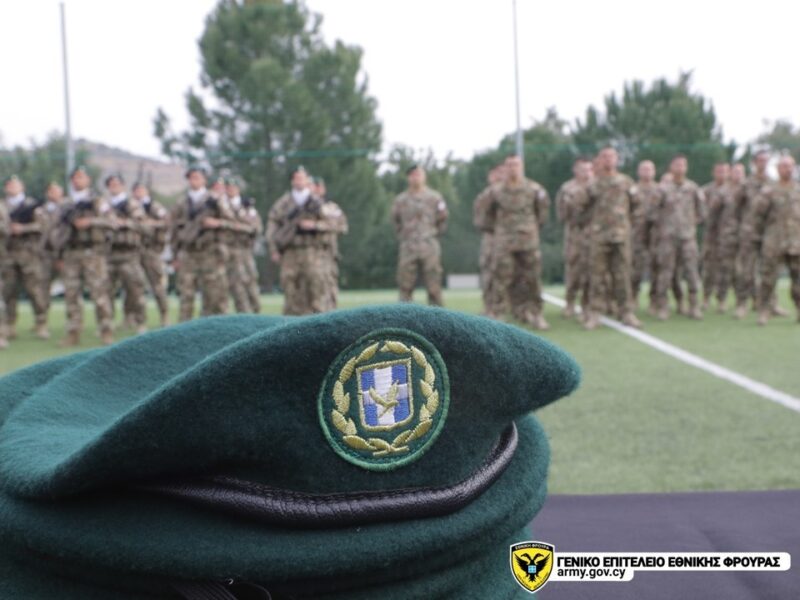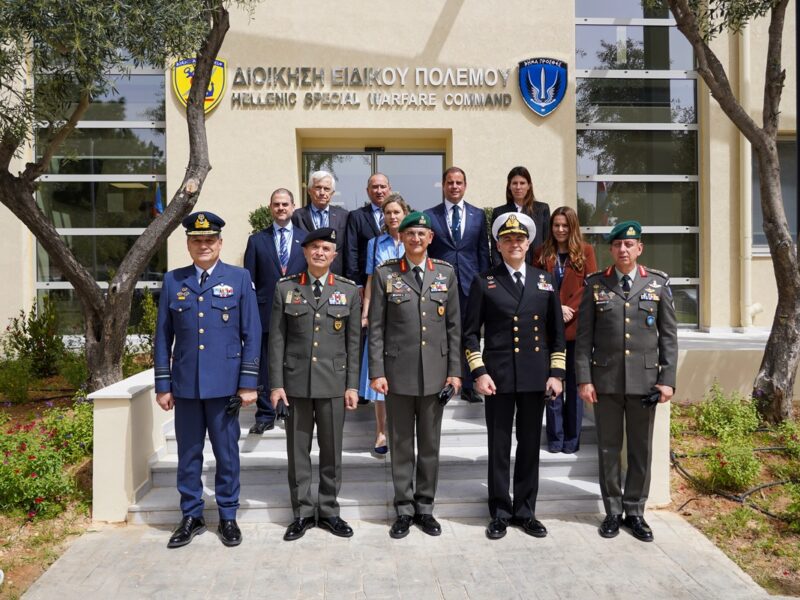The New York Times makes special mention of the Greek-Turkish language in their report and the tension that the Turkish president, Recep Tayyip Erdogan, seems to be inciting. In the publication entitled “Elections are approaching, Erdogan raises the tension with Greece” there is a reference to the closed dinner at the Prague Summit, where Prime Minister Kyriakos Mitsotakis was addressing 44 European leaders, when the President of Turkey interrupted him and launched an attack of high tons.
Erdogan, it is noted, accused Mitsotakis of being dishonest about settling disputes in the eastern Aegean and accused the European Union of siding with its members Greece and Cyprus, according to a European diplomat and two senior European officials who were there.
And while everyone else, according to the same sources, surprised and annoyed, finished their dinner, the Turkish president launched an incendiary attack in a press conference against Greece and threatened an invasion. “We may arrive suddenly one night,” he said. When a reporter asked if that meant he would attack Greece, the Turkish president said: “Actually you got it.”
As noted in the publication, the outburst in question was only the latest from Erdogan. It is noted that the Turkish president, as he faces increasing political and economic difficulties before elections in the spring, has been intensifying threats against his NATO ally since the summer, using language that normally belongs to military hawks and ultra-nationalists.
Even if few diplomats or analysts predict war, there is a growing sense among European diplomats that a politically threatened Erdogan is increasingly dangerous to his neighbors — and that accidents could happen.
Erdogan, the report said, needs a crisis to strengthen his shaky position at home after nearly 20 years in power, said a diplomat specializing in Turkey, who asked not to be named. And if it is not given – as one diplomat said – it can create a crisis.
Rising tensions between Greece and Turkey – both NATO members – now threaten to add a difficult new dimension to Europe’s efforts to maintain unity in the face of Russia’s war in Ukraine and its cumulative economic fallout. .
Already, Erdogan has become a troublesome and unpredictable ally for his NATO partners. His economic challenges and his desire to carve out a stable sphere of security for Turkey, in a difficult neighborhood, have pushed him closer to President Putin of Russia.
As pointed out, among others, Erdogan has escaped open criticism from allies, due to his efforts to mediate between Russia and Ukraine, and especially in the agreement on Ukrainian grain exports.
However, it is noted that it has refused to impose sanctions on Russia and continues to take Russian gas through the TurkStream pipeline, while asking Moscow to delay payment for the energy. On Thursday, Erdogan met Putin in Kazakhstan, where they discussed using Turkey as an energy hub to export more Russian gas, following the destruction of pipelines to Germany under the Baltic Sea.
But it is the escalating rhetoric against Greece that is now drawing particular attention, as the report notes.
Sinan Ulgen, director of EDAM, an Istanbul-based research institute, said there was of course an electoral aspect to Erdogan’s actions. But there were also deep-seated problems that fostered chronic instability and dangerous tensions. “Turkey and Greece have a number of unresolved bilateral disputes and this creates an enabling environment whenever a politician in Ankara or Athens wants to escalate tensions,” he said.
It is also recalled that the two countries almost went to war in the 1970s over energy exploration in the Aegean, in 1995-96 over disputed claims to uninhabited rocky islands in the eastern Mediterranean and in 2020, again over energy exploration in disputed waters. “And now we’re at this point again,” Mr. Ulgen said. “And why; Due to elections in Turkey and Greece”.


